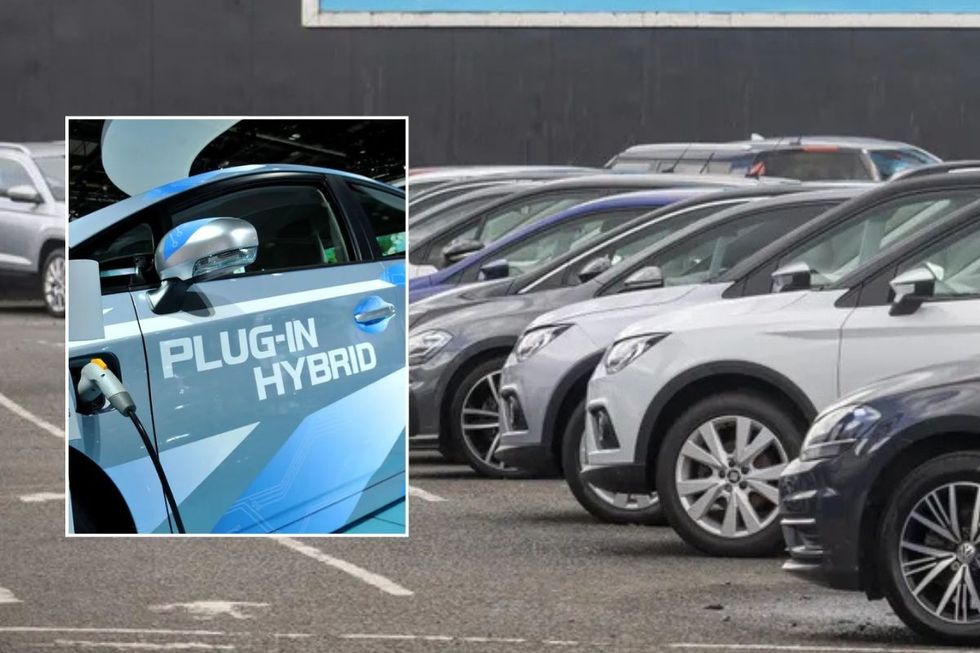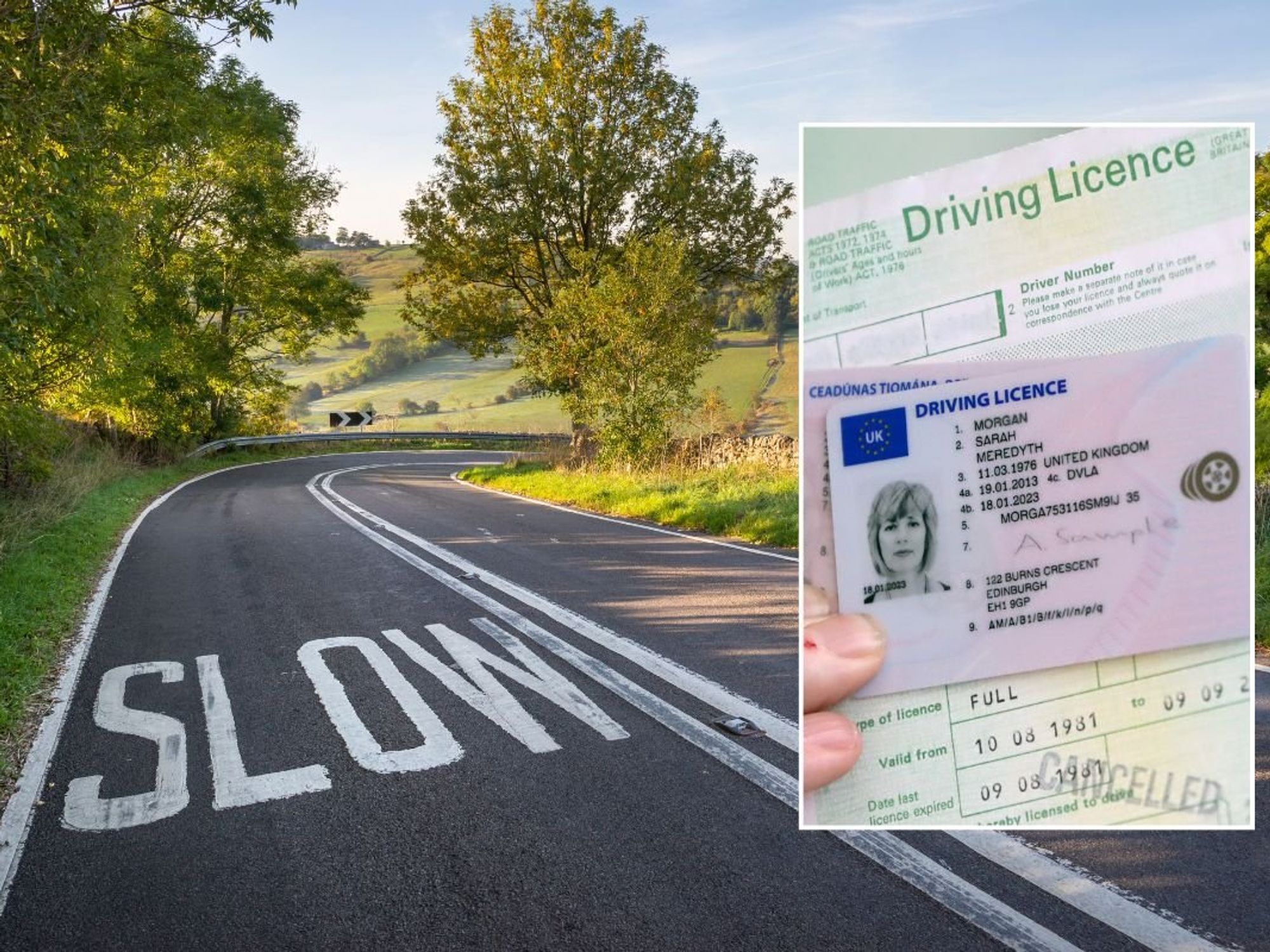Electric car values plummet as drivers adopt hybrids ahead of 2030 petrol and diesel vehicle ban

Sales of plug-in hybrid vehicles continue to grow year-on-year
Don't Miss
Most Read
Latest
Second-hand vehicles with hybrid powertrains demonstrate superior value retention compared to their fully electric counterparts, according to fresh market data.
Vehicles combining petrol engines with electric motors preserve 68 per cent of their initial purchase price when under two years old.
In comparison, pure electric vehicles face steeper depreciation, retaining merely 49 per cent of their original cost during the same period.
**ARE YOU READING THIS ON OUR APP? DOWNLOAD NOW FOR THE BEST GB NEWS EXPERIENCE**
The values reflect strong buyer demand for vehicles offering electric efficiency without range anxiety concerns that often accompany fully battery-powered models.

Second-hand plug-in hybrid vehicles hold their value better than equivalent electric cars
|GETTY
The automotive valuation landscape has transformed dramatically since late 2022, when the difference between hybrid and electric vehicle depreciation stood at a mere two percentage points.
Cox Automotive's research indicates that November 2022 saw hybrids maintaining 90 per cent of their value, while EVs held 88 per cent.
The analysis reveals that hybrids have shed 22 percentage points from their peak valuation levels, whilst electric vehicles experienced almost double that decline.
The widening gap suggests shifting dynamics favouring petrol-electric combinations over pure battery power in the second-hand market.
Recent regulatory modifications have stripped away some of the financial benefits previously enjoyed by hybrid owners.
Vehicles registered after 2017 now face identical taxation levels to conventional petrol and diesel models following April's policy adjustment.
The Zero Emission Vehicle (ZEV) mandate outlines that manufacturers need to have a minimum percentage of sales come from electric cars.
By the end of the year, auto companies must have 28 per cent of sales come from EVs, before rising to 80 per cent in 2030 and 100 per cent in 2035.
LATEST DEVELOPMENTS:
Between 2030 and 2035, only hybrid and electric vehicles will be on sale, representing a huge boost to manufacturers committed to EV alternatives.
Almost one-third of motorists plan to select hybrid technology for their upcoming vehicle acquisition, according to joint research from Regit and Cox Automotive.
This sustained interest contradicts governmental efforts to accelerate the transition towards fully electric transport, suggesting buyers prioritise practical considerations over policy directives.
Philip Nothard from Cox Automotive said: "Hybrid vehicles are a lucrative opportunity for UK drivers and the automotive market today, which is evident in the success of many new market entrants coming to the UK with hybrid offerings.
"They deliver a clear lifetime cost advantage over internal combustion and electric vehicles, making them an attractive option for buyers hesitant or cautious about making the full electric transition."
The latest data from the Society of Motor Manufacturers and Traders (SMMT) shows that 17,489 new plug-in hybrid vehicles were sold in July, while almost 30,000 new electric cars were registered.
Electric and plug-in hybrid sales saw a 9.1 per cent and 33 per cent increase respectively, while petrol, diesel and hybrid registrations dropped by at least 7.9 per cent.
While petrol still retains 47 per cent of the market share of new car sales, electric vehicles continue to grow with 21.3 per cent of the market.











